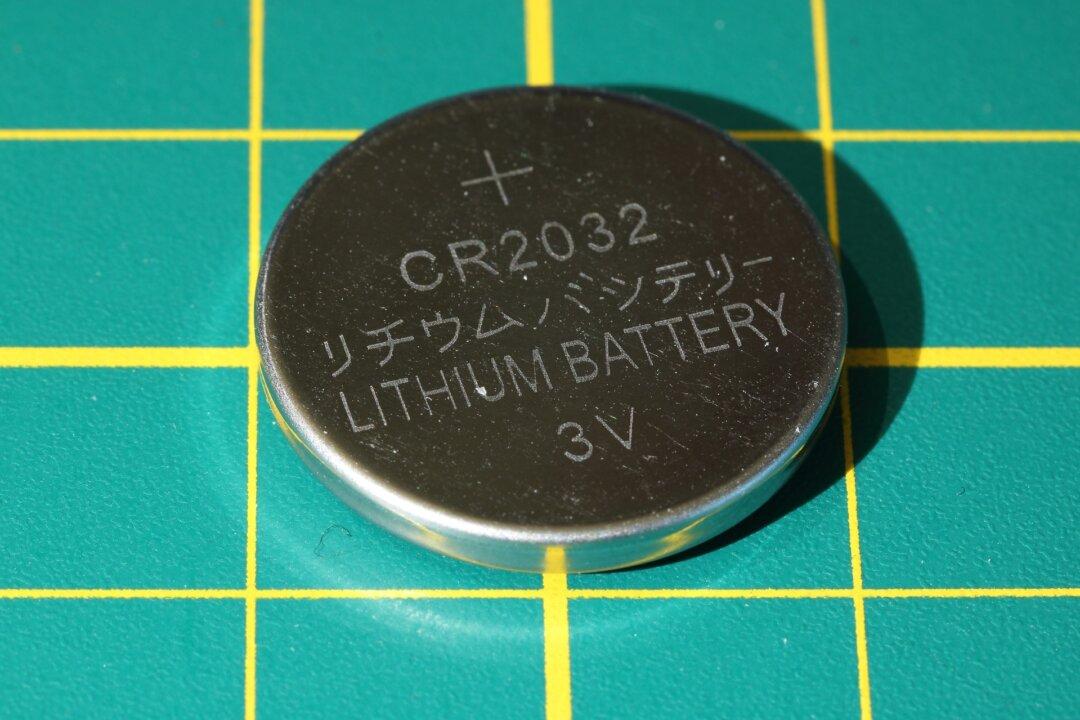More and more young children are being admitted into emergency rooms across America because they have swallowed batteries, toys, coins, and other items, according to a new study.
One researcher, Dr. Danielle Orsagh-Yentis, the lead author and a gastrointestinal physician at Nationwide Children’s Hospital in Ohio, said that an increasing number of products have button-sized batteries such as TV remotes, digital thermometers, and remote-controlled toys, according to The Associated Press.





